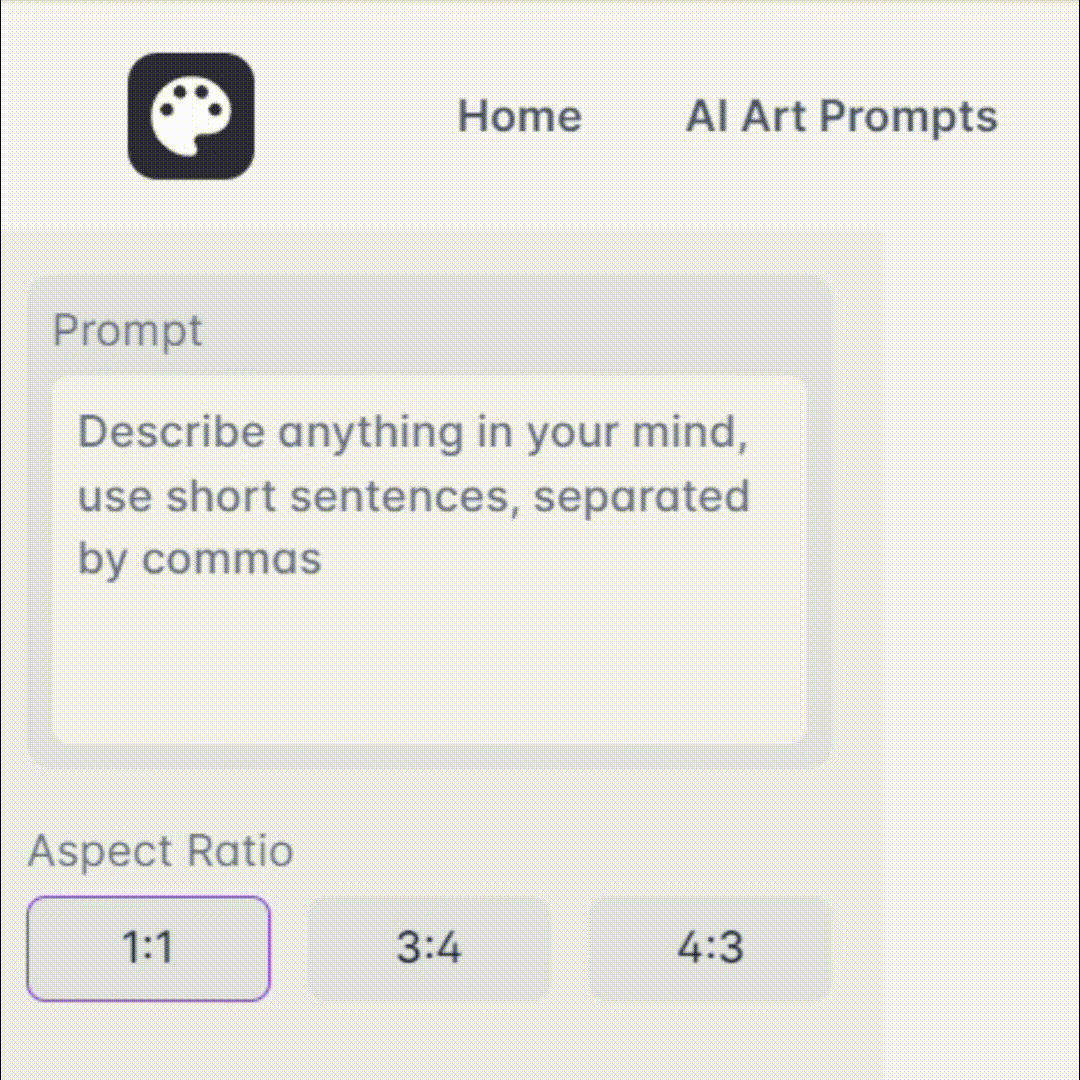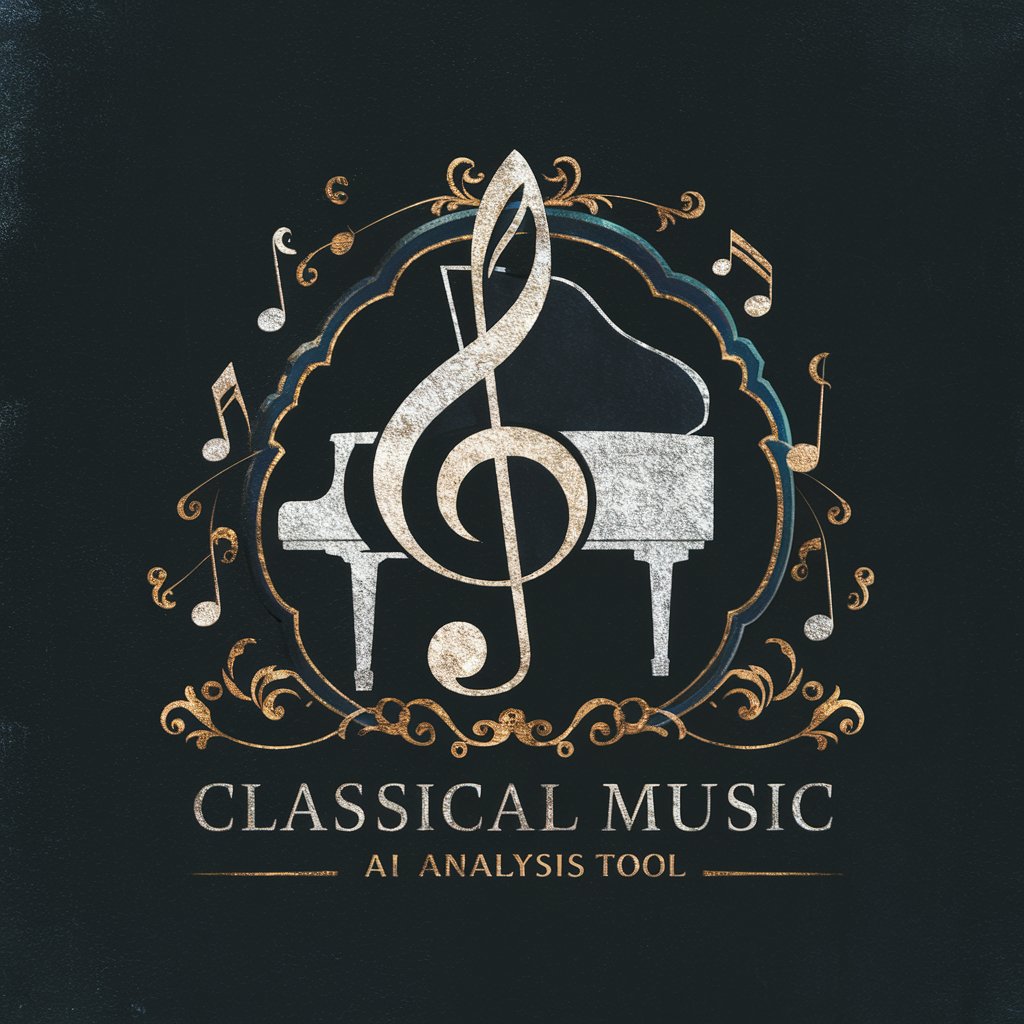
Classical Music Archivist - Classical Music Insights

Welcome! How can I assist you in exploring the world of classical music today?
Unveil the Classics with AI
Tell me about the historical context of Beethoven's Symphony No. 9.
Can you suggest some Baroque music pieces for a beginner?
Who were the major influences on Tchaikovsky's compositions?
What are some notable performances of Mozart's Requiem?
Get Embed Code
Introduction to Classical Music Archivist
Classical Music Archivist is a specialized digital tool designed to support enthusiasts, students, researchers, and anyone with an interest in classical music. It serves as an extensive resource for exploring classical music's depth, offering insights into compositions, historical contexts, composers, and stylistic developments. This tool catalogs a wide array of classical music pieces, providing details such as the era, style, composer information, and notable performances. Through its comprehensive database and intelligent querying capabilities, it aims to facilitate learning, discovery, and a deeper appreciation of classical music. For instance, if a user is curious about the Romantic era, the Archivist can provide detailed insights into key composers like Chopin or Liszt, their most influential works, and the characteristics that define the Romantic style. Powered by ChatGPT-4o。

Main Functions of Classical Music Archivist
Music Cataloging
Example
A detailed entry on Beethoven's Symphony No. 9, including its composition history, premiere performance details, and its significance in the transition from the Classical to the Romantic era.
Scenario
When a student is researching the evolution of symphonic music for a term paper, they use the Archivist to find comprehensive details on pivotal compositions.
Historical Context
Example
An exploration of the political and social conditions of Vienna in the early 19th century that influenced Beethoven's compositions.
Scenario
A music enthusiast wants to understand the impact of historical events on the development of classical music and uses the Archivist to gain deeper insights.
Composer Information
Example
A biography of Johann Sebastian Bach, covering his life, influences, key works, and the legacy he left on Baroque music.
Scenario
A researcher preparing a lecture on Baroque music uses the Archivist to gather detailed information on Bach's contributions to the genre.
Music Suggestions
Example
Providing a list of recommended pieces for someone interested in exploring Impressionist music, including works by Debussy and Ravel.
Scenario
A classical music newcomer seeks to broaden their listening repertoire and uses the Archivist to find pieces that match their interest in Impressionist styles.
Ideal Users of Classical Music Archivist Services
Music Students and Researchers
These users benefit from the Archivist's detailed cataloging and historical context for academic purposes, such as preparing for exams, writing papers, or conducting research. The Archivist's comprehensive database serves as an invaluable reference for deep dives into specific composers, pieces, and musical eras.
Classical Music Enthusiasts
Hobbyists and classical music lovers who seek to expand their knowledge and appreciation of the genre. They use the Archivist to explore new composers and styles, understand the historical significance of pieces, and find recommendations for music that aligns with their tastes.
Professional Musicians and Educators
This group utilizes the Archivist to enhance their teaching curriculum, prepare for performances, or study the works of composers in greater depth. The tool offers detailed insights and analyses that can inform performance practice and pedagogical approaches.

How to Use Classical Music Archivist
1. Start Your Exploration
Begin by visiting a platform that allows access to AI-driven tools like Classical Music Archivist, offering a free trial without the need for login or a ChatGPT Plus subscription.
2. Define Your Interest
Identify your area of interest or query related to classical music, such as specific composers, pieces, eras, or styles you wish to explore.
3. Engage with the Archivist
Submit your query using the tool’s interface, whether it's for information on a piece’s history, composer biographies, or recommendations for music to listen to.
4. Utilize Advanced Features
Take advantage of filters or keywords to refine your searches for more targeted results, enhancing your exploration or research process.
5. Expand Your Knowledge
Explore the detailed answers provided, including historical context, composer information, and stylistic insights, to deepen your understanding and appreciation of classical music.
Try other advanced and practical GPTs
Market Maven
Empowering decisions with AI-driven insights

Career Coach by THE LATITUDE.IO
AI-Powered Career Evolution

Animal Perspective | See like an Animal
Experience the world through animal eyes

Christmas Card Writer
Tailoring Christmas cheer with AI power

美术馆参观助手
Unlocking the Stories Behind Art with AI

SEO Scribe
Empowering content with AI-driven SEO insights.

公众号美食爆文达人
AI-Powered Chinese Cuisine Mastery

Old People Phone Helper
Simplifying smartphones for the elderly.

AI NFT Creation Coach
Empowering NFT creativity with AI.

Health and Nutrition Coach
Empowering Wellness with AI Insight

学习教练-阅读教练 v231130
Enhancing Your Reading Experience with AI

Productividad con IA. Método FAST (+17.000 users)
Automate, Achieve, Sustain with AI

FAQs about Classical Music Archivist
Can I find information on lesser-known composers?
Absolutely. Classical Music Archivist covers a wide range of composers, from the well-known to the obscure, providing detailed biographies, stylistic analyses, and information on specific pieces.
How does the tool help with academic research?
The tool offers in-depth historical context, analysis, and comprehensive data on composers and their works, making it an invaluable resource for students, educators, and researchers in the field of musicology.
Is it possible to get music recommendations based on mood or period?
Yes, you can request recommendations based on specific eras, styles, or even moods, and the Archivist will provide suggestions that match your criteria, along with insights into each piece.
Can I learn about the historical significance of a piece?
Certainly. Each piece's entry includes its historical context, detailing its creation, premiere, impact on subsequent music, and its place within the composer’s body of work.
Are there resources for listening to the music discussed?
While the Archivist primarily provides information and analysis, it often includes references to notable recordings or performances, guiding users to where they can listen to the pieces discussed.






